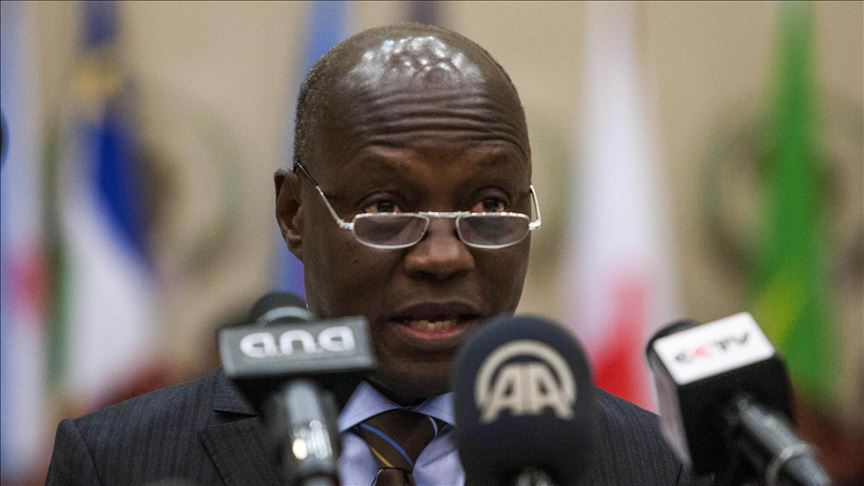 Former President of Guinea-Bissau Jose Mario Vaz
Former President of Guinea-Bissau Jose Mario Vaz
Rwanda
Guinea-Bissau’s incumbent President Jose Mario Vaz admitted defeat Thursday in weekend presidential elections and accepted the results.
Speaking at a press conference in the capital Bissau, Vaz however said he still believed there were some irregularities in the polls.
“I remain true to the ideals of peace, democracy and freedom that have always guided me and will accept any results that are published by the electoral management body, the National Election Commission,” local media quoted him as saying.
“There were irregularities in the east of the country, including ballot stuffing with pre-ticked ballots before polling day. However, despite the irregularities, I accept the results in order to contribute to the pacification of society.”
The West African country is headed for a runoff on Dec. 29, according to preliminary results announced Wednesday by election officials.
Domingos Simoes Pereira, the candidate of the ruling African Party for the Independence of Guinea and Cape Verde -- who was fired by Vaz as prime minister in 2015 -- garnered the most votes with 40%, according to the Electoral Commission.
Former Prime Minister Umaro Sissoco Embalo got 28% of the vote while Vaz, who contested on an independent ticket, garnered only 12% --rendering him ineligible to take part in the run-off vote.
The outgoing leader also congratulated all the candidates who participated in the elections and wished Pereira and Embalo well. They will compete for the presidency in the second round.
Guinea-Bissau has seen nine coups or attempted coups since its independence from Portugal in 1974.
For two decades, no elected head of state has finished his five-year mandate.
In 2009, then-President Joao Bernardo Vieira was assassinated.
Vaz took office in 2014 -- a tenure marred by a power struggle with his own prime ministers as well as with opposition parties.
“By transferring power to my successor, an unprecedented fact in Guinea-Bissau, I will proudly do so, as it will be a milestone in Guinea-Bissau's democracy. I will leave with my head held high,” he said.
Anadolu Agency website contains only a portion of the news stories offered to subscribers in the AA News Broadcasting System (HAS), and in summarized form. Please contact us for subscription options.








